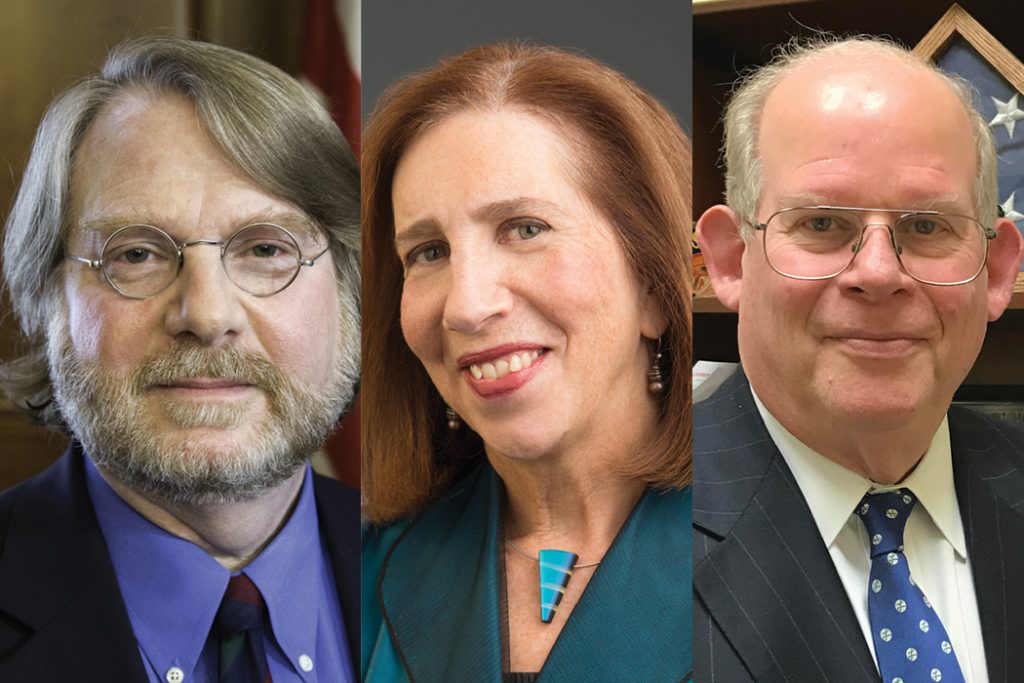Turn off media, establish routines and rituals, and create opportunities to re-invent family time—these are among the words of advice shared by three child and family experts in the most recent Rappaport Center program, “Helping Families and Children Cope with Covid-19.”
Dr. Michael Jellinek, professor emeritus of psychiatry and pediatrics at Harvard Medical School and former president of Newton Wellesley Hospital; Dr. Eugene Beresin, professor of psychiatry at Harvard Medical School and executive director of the Clay Center for Young Healthy Minds at Massachusetts General Hospital; and Anne Fischel, associate professor of psychology at Harvard Medical School and co-founder of the Family Dinner Project, provided guidance to the many families dealing with the challenges of home schooling, physical distancing, and endless time with one another.
For the elementary age kids, the panelists suggested that all children want the answer to three questions: “Am I safe?” “Are you safe?” “How will this virus affect my daily life?” Parents were advised to provide order to the days (routines), keep day and night separate, and set boundaries. Rituals such as family dinner, according to the experts, also give a sense of anchor and security.
Families also need to be aware of the loss and grief being experienced. Teens are missing concerts, hanging out with friends, sports, and celebratory events such as graduations. For this age, the experts said, screen time becomes valuable for gatherings such as virtual parties and time with peers. The littler ones work things out by playing; media is not the right source for information. Both parents and kids may be suffering from anxiety so everyone needs to be mindful to give each other space and to engage in self-care.
The panel also recognized the vast inequities made manifest by the Covid-19 pandemic, noting, for example, that nearly one-fifth of inner-city kids do not have access to the Internet. The experts addressed the need for equitable distribution of funds, assistance to families where parents may not speak English, and more extensive supplies to enhance home schooling. Mental health resources will be vital, they said.
On the more positive side, Dr. Fischel predicted that we will experience “post-traumatic growth,” may value relationships more, and discover personal, internal strengths.
The May 19 program ended with the panelists identifying trusted, accessible resources, including the Clay Center; The Family Dinner Project; Commonsense Media; and Sesame Street.
Photo: Left to right: Eugene Beresin, Anne Fischel, and Michael Jellinek.
Video from the event:


